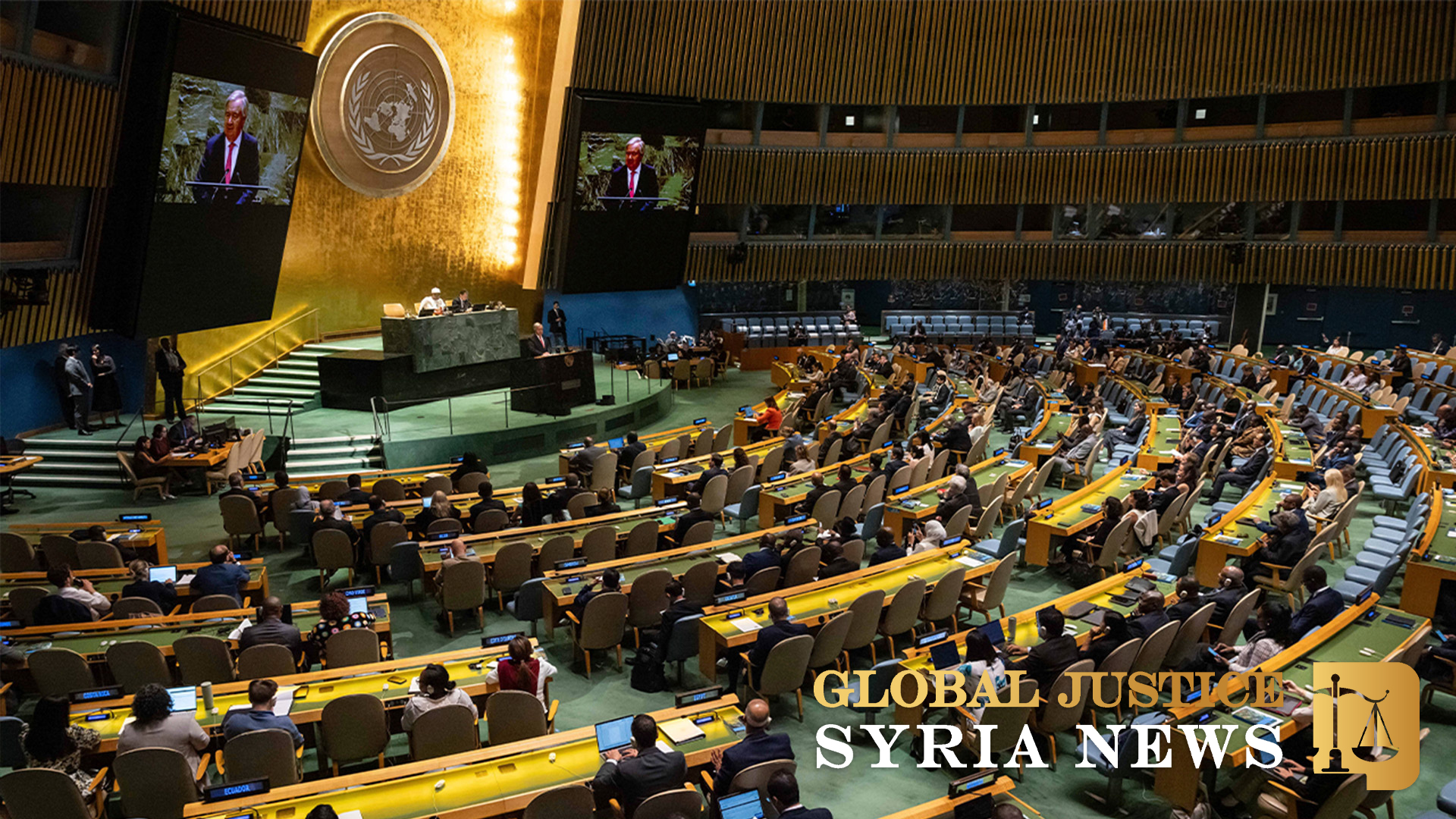The Secretary General of the UN, Antonio Guterres, launched in 2021 the idea of this “Summit for the Future” presented as a “unique opportunity” to change the course of human history, Agerpres reports .
In the run-up to the annual meeting of the UN General Assembly, which begins on Tuesday, dozens of heads of state and government are expected on Sunday and Monday for this summit.
After tough negotiations until the last moment, Russia on Sunday showed its opposition to the text, without preventing its adoption by consensus.
“This cannot be considered as multilateralism”, “no one is happy with this text”, said the Russian deputy foreign minister Serghei Vershinin.
Amendment brought by Syria, Russia, Belarus, Iran, North Korea, and Nicaragua
Russia, supported by Belarus, Iran, North Korea, Nicaragua and Syria, wanted to introduce an amendment stating that the UN “cannot interfere” in the “internal” affairs of states, but the vast majority of participating countries refused to take it into account of this proposal.
Before the summit, Antonio Guterres had revealed a certain frustration with the content of the text, inviting states to show “vision” and “courage” or even “maximum ambition” to strengthen the “outdated” international institutions, which are no longer able to effectively respond to the current threats.
In the Pact, the leaders commit to strengthening the multilateral system “to keep pace with a changing world”, to “protect the needs and interests of current and future generations” threatened by “continuous crises”. “We believe there is a path to a better future for all humanity,” the document states.
What “actions” does this Pact propose for the future
The Pact presents in over 20 pages 56 “actions” in areas ranging from the importance of multilateralism to respect for the UN Charter and peacekeeping, from the reform of international financial institutions to that of the UN Security Council and the fight against climate change, disarmament and the development of artificial intelligence.
Even though there are some “good ideas”, “this is not the kind of revolutionary document that will totally reform multilateralism that Antonio Guterres wanted”, Richard Gowan of the International Crisis Group told AFP before the adoption.
The fight against global warming was one of the sensitive points of the negotiations, with the reference to the “transition” to abandon the use of fossil energies disappearing from the draft text for several weeks.
In particular, the emerging countries requested concrete commitments for a reform of the international financial institutions, facilitating the access of some of them to preferential financing in order to face especially the impact of climate change.
The project also contains some “important commitments” in the field, commented Human Rights Watch, also welcoming elements regarding the focus of attention on human rights.
But “world leaders must demonstrate that they are ready to act to ensure that human rights are respected”, insisted Louis Charbonneau, UN expert within this non-governmental organization.
Whatever their content, the “Pact” and its annexes (the Global Digital Compact and the Declaration for Future Generations) are in fact non-binding, raising the issue of their application, while some of the previously enunciated principles, such as “protection of civilians in conflicts” , are violated every day.
A Hot News Story



















